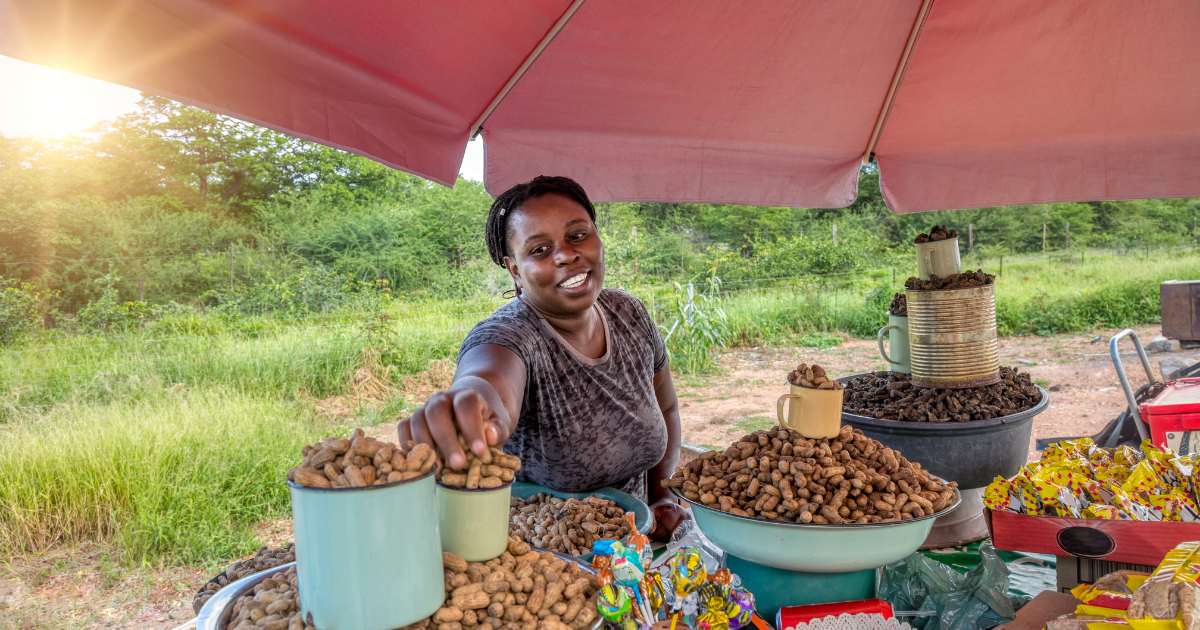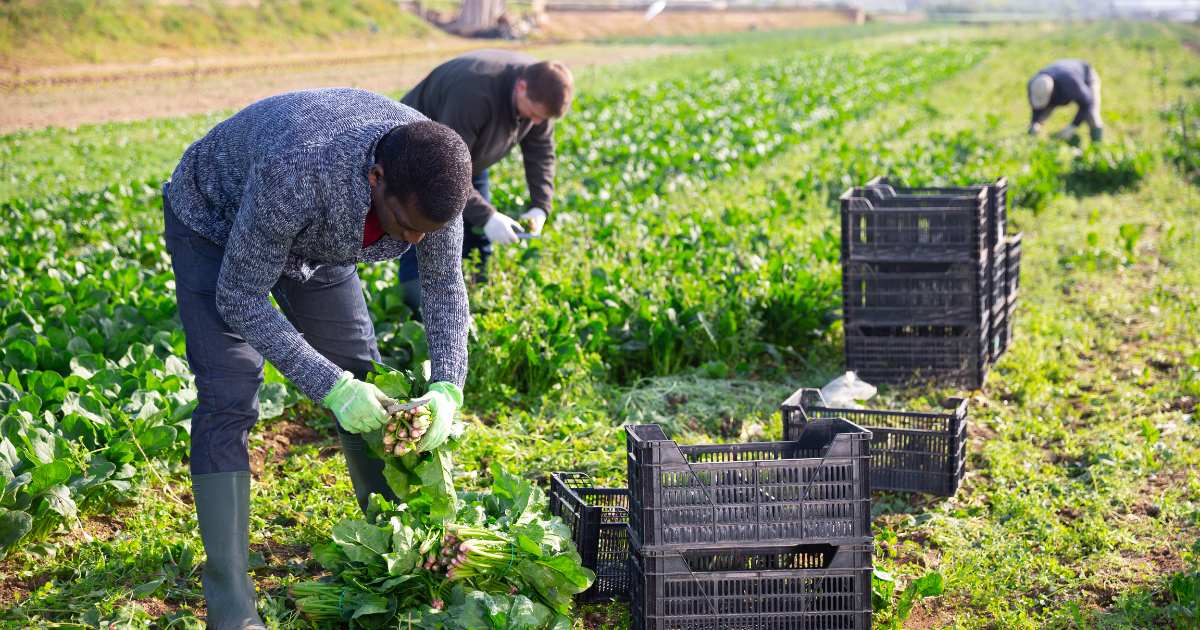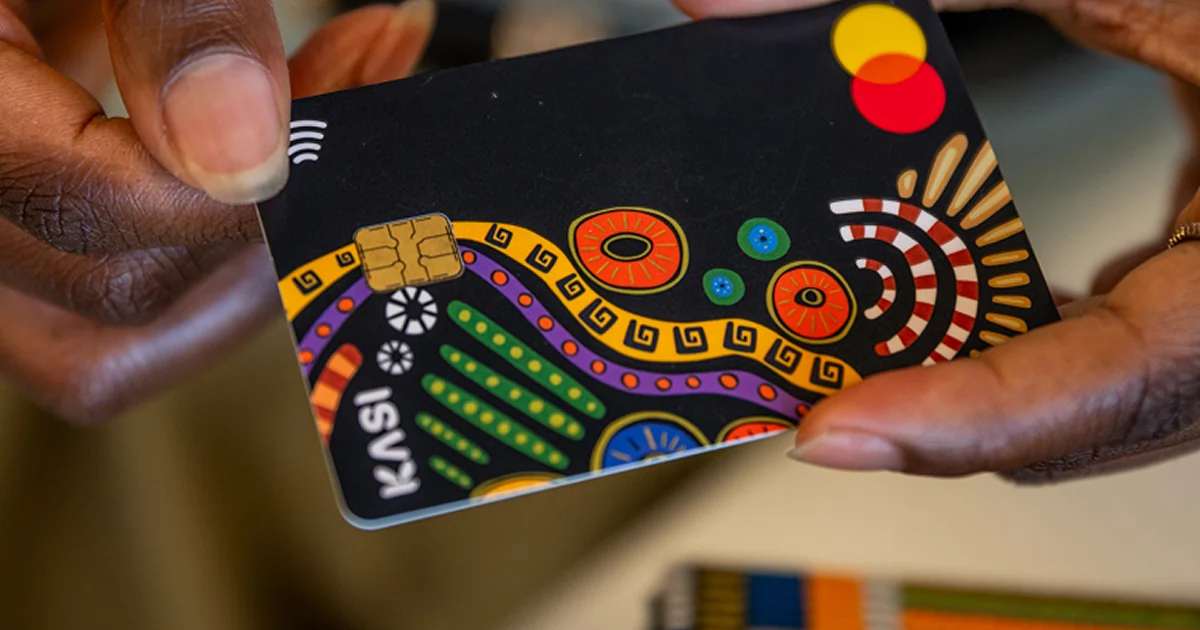
The South African informal sector plays an important role in the economy. Many people rely on informal work when they cannot find jobs in the formal sector. People turn to informal trading when they lose their income. People start informal businesses when they must support their families and have no other options. Informal trading becomes a survival mechanism for many households. Informal traders help stimulate local economies. Informal traders also bring energy and activity to streets, markets, and transport hubs.
Statistics South Africa reports that unemployment is the main reason people start informal businesses. Informal trade creates opportunities in the middle of a challenging job market. Informal businesses provide a daily income for traders and support for dependants. Informal traders sell food, clothes, services, and fresh produce. Informal traders operate small tuckshops, spaza shops, and street stalls. Informal traders form part of the country’s entrepreneurial foundation. Informal traders show resilience and creativity in the face of hardship.
Informal trading supports local communities. Informal traders offer goods at affordable prices. Informal traders reach areas where formal businesses do not operate. Informal trading creates convenience for customers. Informal trading also strengthens neighbourhood economies.
The Right to Trade: Informal Trading Laws
There are laws in place to guide informal trading. Municipalities are responsible for setting the rules for traders. Each municipality has its own bylaws. Bylaws differ from one town to another. Traders often face challenges because rules vary across regions. Some traders struggle with enforcement officials. Some traders struggle to access trading spaces. Some traders lack clear information about permit requirements.
Two constitutional principles guide informal trading regulation. These principles are equality and human dignity. The Constitution of the Republic of South Africa protects every person’s dignity. Dignity includes the right to earn a living. South African courts have confirmed this interpretation. Courts have ruled that informal traders have the right to trade if they follow municipal rules.
Section 22 of the Constitution says that every citizen has the right to choose their trade. Section 22 also explains that the state can regulate how trades are practised. Municipalities can introduce rules to maintain order. Municipalities can also introduce rules to protect health and safety. Municipalities cannot create unfair barriers to entry. The law requires that the regulation be reasonable.
Traders must understand the laws in their area. A trader who understands the law protects their own rights. A trader who understands the law reduces the risk of penalties. A trader who understands the law builds trust with municipal officials
Where Are Informal Traders Allowed to Trade?
Permitted trade areas for informal traders are dependent on the municipality in which they operate. While municipalities have the power to adopt their own municipal by-laws for informal trading. There are common by-law provisions you can expect. This includes:
- Obtaining a permit: Your local municipality may require that you apply for an informal trading permit to sell goods. If you’re selling food, you might need to apply for a hawker’s meals licence.
- Health and safety: Traders might be required to ensure they maintain clean and sanitary conditions.
- Conduct: Municipal by-laws may outline prohibited conduct, such as selling illegal goods, staying overnight at a trading spot, and more.
- Trading areas: Your municipality will inform you of the designated areas in which you are allowed to trade.
Where to Find Information Regarding Municipal Trading By-Laws
Each municipality identifies areas where informal trading is allowed. These areas appear in municipal by-laws. Trading zones help municipalities control congestion. Trading zones also help municipalities protect public safety. Traders must trade within approved areas. Trading outside approved areas can lead to penalties.
Here are common requirements found in many municipal by-laws:
- City of Cape Town
- City of Johannesburg
- EThekwini Municipality
- Polokwana Local Municipality
- City of Mbombela
- Mangaung Metropolitan Municipality
- Sol Plaatje Municipality
Informal trading remains a crucial part of South African economic activity. Traders support families, communities, and local economies. Traders create opportunities in difficult conditions. Traders contribute to the resilience of the nation. An informed trader stands a better chance of running a safe, compliant, and sustainable business.






